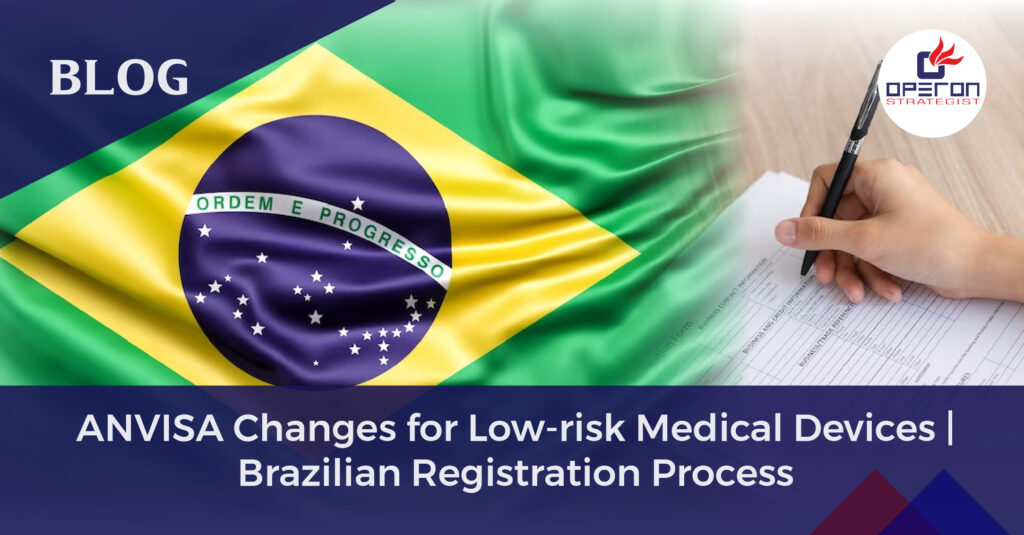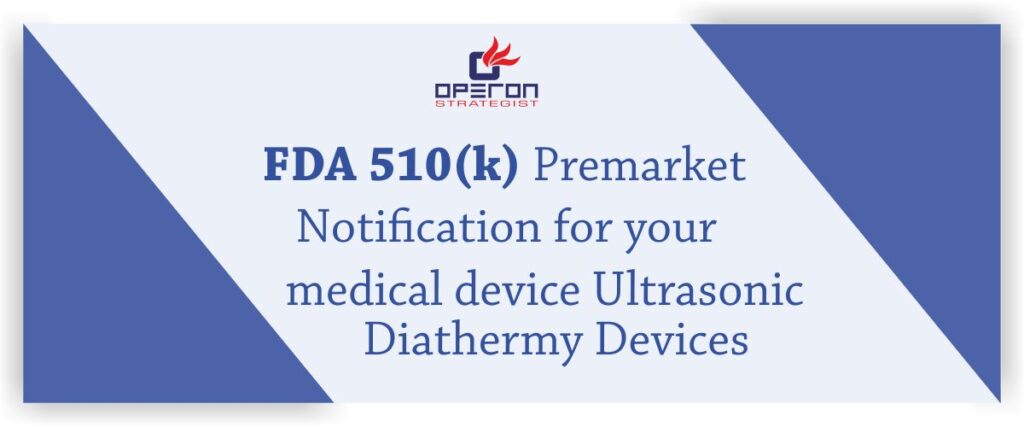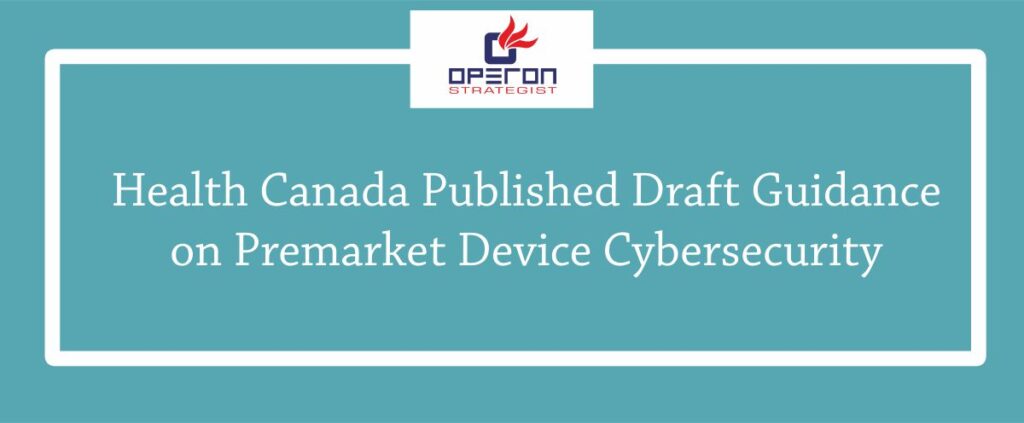ANVISA Changes for Low-risk Medical Devices
The National Health Surveillance Agency or ANVISA (Agência Nacional de Vigilância Sanitária) is the Brazilian regulatory agency that is responsible for the approval and supervision of food, cosmetics, tobacco, pharmaceuticals, health services, and medical devices, among others. The agency is connected to the Ministry of Health, which manages ANVISA through a management contract signed periodically.
Looking for Consultation Services?
Brazilian medical device regulators have approved plans to amend registration requirements for low-risk devices to more closely align with International Medical Device Regulators Forum (IMDRF) recommendations.
Anvisa’s role is to promote the protection of the population’s health by executing sanitary control of the production, marketing, and use of products and services subject to health regulation, including related environments, processes, ingredients, and technologies, as well as the control in ports, airports, and borders.
Brazil’s medical device market regulator ANVISA will issue a 60-day consultation for a proposal to change the agency’s cadastro registration pathway for Class I devices to a notification pathway, with implications for premarket review requirements for affected manufacturers.
Current Anvisa Cadastro Registration Requirements
Under ANVISA’s existing requirements for cadastro registration, lower-risk device manufacturers must submit applications and legal documentation to the regulator for premarket review, as well as provide their Brazil Registration Holders (BRH) with technical dossiers, labels, and indications for use documentation in case of National Health Surveillance Agency audits.
National Health Surveillance Agency will publish its public consultation on the proposed notification pathway for low-risk devices.
The Medical Device Registration Process in Brazil
The medical device registration process in Brazil is overseen by the Brazilian Health Regulatory Agency (ANVISA). Here’s a brief overview of the process:
- Local Representation: For foreign manufacturers, it is mandatory to appoint a local Brazilian representative (Legal Representative) with an established office in Brazil.
- Technical Documentation: Prepare the required technical documentation, including device specifications, manufacturing processes, safety data, and performance studies. It is crucial to meet the specific requirements outlined by ANVISA.
- Application Submission: Submit the registration application through ANVISA’s online system. Include all necessary documentation and pay the applicable fees.
- ANVISA Evaluation: ANVISA will review the submitted documents, perform technical assessments, and evaluate the safety and efficacy of the medical device.
- Good Manufacturing Practices (GMP) Inspection: For certain device classes, ANVISA may conduct an on-site inspection to ensure compliance with Good Manufacturing Practices.
- Approval and Registration: If the application meets all requirements, ANVISA will grant the registration certificate, allowing the medical device to be marketed and sold in Brazil.
- Post-Market Surveillance: After registration, manufacturers must comply with post-market surveillance requirements, including reporting adverse events, updates to labeling, and ongoing compliance with regulations.
Operon Strategist - Medical Device Consultants
It’s important to note that the medical device registration process in Brazil can be complex and time-consuming. Seeking the guidance of a specialized regulatory consultant can help navigate the process smoothly and ensure compliance with Brazilian regulations.
Operon Strategist is a medical device consulting company that provides regulatory guidance to various manufacturers in the healthcare industry to ensure the strategic development of these manufacturers.




